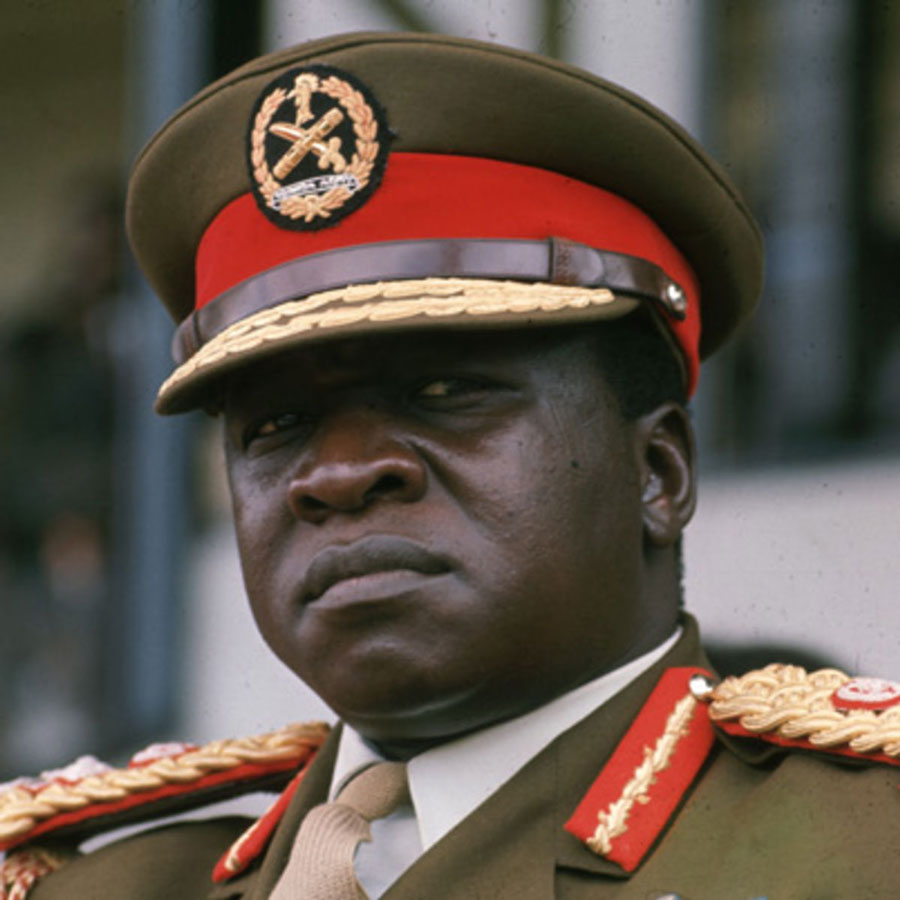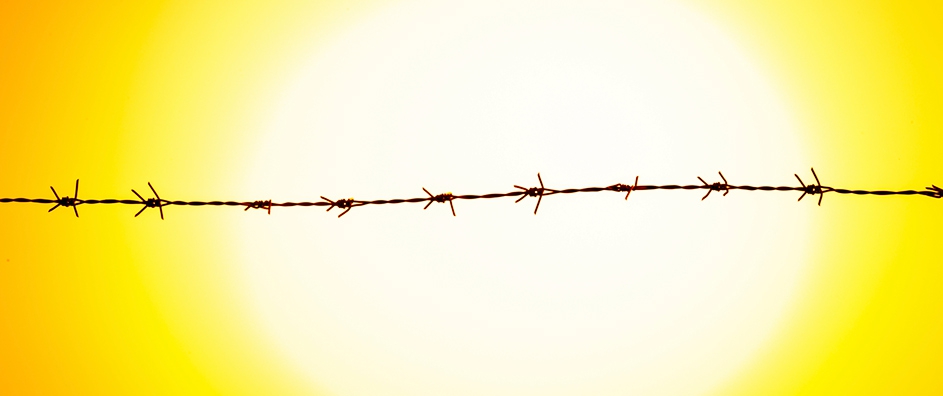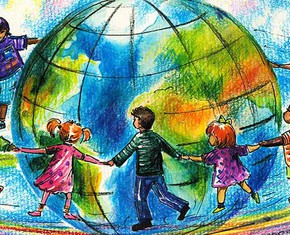The views expressed in our content reflect individual perspectives and do not represent the authoritative views of the Baha'i Faith.
And ye shall know the truth, and the truth shall make you free. – John 8:32
Truth may be likened to the sun! The sun is the luminous body that disperses all shadows; in the same way does truth scatter the shadows of our imagination. As the sun gives life to the body of humanity so does truth give life to their souls. – Abdu’l-Baha, Paris Talks, pp. 127-128.
Just in the course of the past few decades, the world has figured out a new way to seek collective justice: Truth and Reconciliation Commissions.
But the global restorative justice movement to set up Commissions for Truth and Reconciliation had a very rocky start.

Idi Amin
Believe it or not, the first such effort came from a now-infamous military coup leader and dictator named Idi Amin. The notorious Ugandan tyrant—bowing to public pressure after he dissolved the nation’s parliament, granted himself absolute power and ordered state forces to kill his opponents—appointed four men to a panel called The Commission of Inquiry into the Disappearances of People in Uganda. He then asked them to investigate and report on disappearances that happened during the first years of his government from 1971 until 1974.
No report was ever issued, and Amin later targeted the four men he appointed to the Commission for reprisals. Idi Amin’s brutal rule continued for another five years before he was deposed.
Then in 1982, the South American nation of Bolivia empowered a similar Commission, called the National Commission of Inquiry into Disappearances. The Commission never reported its findings, either, and the government summarily disbanded it when it began to uncover the actual truth.
That dismal track record began to change in Argentina in 1984, when its National Commission on the Disappearance of Persons issued their “Never Again” or “Nunca Más” report, documenting the country’s gross human rights violations under the previous military dictatorship, which killed an estimated 15-30,000 Argentinian people during the period called “the Dirty War.” The report resulted in the Trial of the Juntas, which became the first major war crimes trial held since the Nuremberg trials in Germany. That trial convicted and sentenced several former military junta leaders to imprisonment—one of the very first times a democratic government has tried, convicted and jailed former government officials.
Since then, the nations of the world, and various civil society organizations and NGOs, have held Truth and Reconciliation Commissions (TRC) in some 40 countries. Many have worked well, and some have failed. The best-known TRC took place in South Africa after the fall of the apartheid regime there. Led by Archbishop Desmond Tutu, it attempted to heal the open wounds of the past—without actually sending anyone to prison, a condition the former apartheid officials insisted on—and allow victims the opportunity to testify in open court against their oppressors.
The most effective Truth and Reconciliation Commissions try to do several things at once: encourage the entire truth to come out; bring perpetrators of human rights violations, torture and extrajudicial killings to justice; address issues of crimes against humanity; grant reparations to victims; hold public hearings or trials where victims can confront victimizers; and ultimately, reconcile and unify broken societies.
This unprecedented push for justice, truth and healing, completely new in the modern world, has even led to TRCs that address historical crimes against humanity. The Truth and Reconciliation Commission of Canada, for example, lasted for seven years and resulted in 94 “Calls to Action” in 2015 to redress the legacy of residential First Nations schools, which forcibly abducted, abused and killed tribal children for decades.
These movements to seek truth and open that truth to the public eye have their origins, Baha’is believe, in the new spirit of justice brought to the world by Baha’u’llah’s teachings:
The world is engaged in war and struggle, and mankind is in the utmost conflict and danger. The darkness of unfaithfulness has enshrouded the earth and the illumination of faithfulness has become concealed. All nations and tribes of the world have sharpened their claws and are warring and fighting with each other. The edifice of man is shattered. Thousands of families are wandering disconsolate. Thousands of souls are besmeared with dust and blood in the arena of battle and struggle every year, and the tent of happiness and life is overthrown. The prominent men become commanders and boast of bloodshed, and glory in destruction. One says: “I have severed with my sword the necks of a nation,” and one: “I have levelled a kingdom to the dust”; and another: “I have overthrown the foundation of a government.” This is the pivot around which the pride and glory of mankind are revolving. In all regions friendship and uprightness are denounced and reconciliation and regard for truth are despised. The herald of peace, reformation, love and reconciliation is the Religion of the Blessed Beauty [Baha’u’llah] which has pitched its tent on the apex of the world and proclaimed its summons to the people. – Abdu’l-Baha, Baha’i World Faith, p. 215.
Next: The “Broken Windows” Theory of Criminal Justice
















Comments
Sign in or create an account
Continue with Googleor